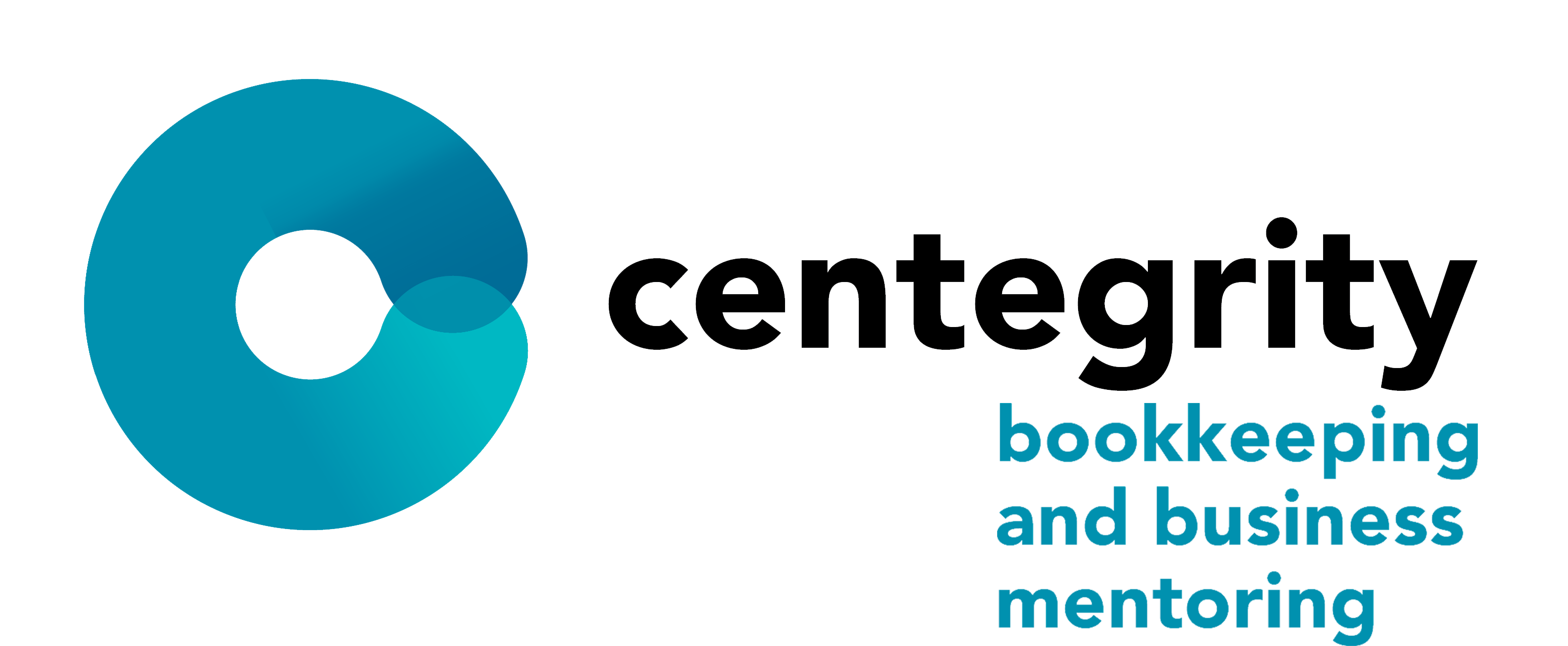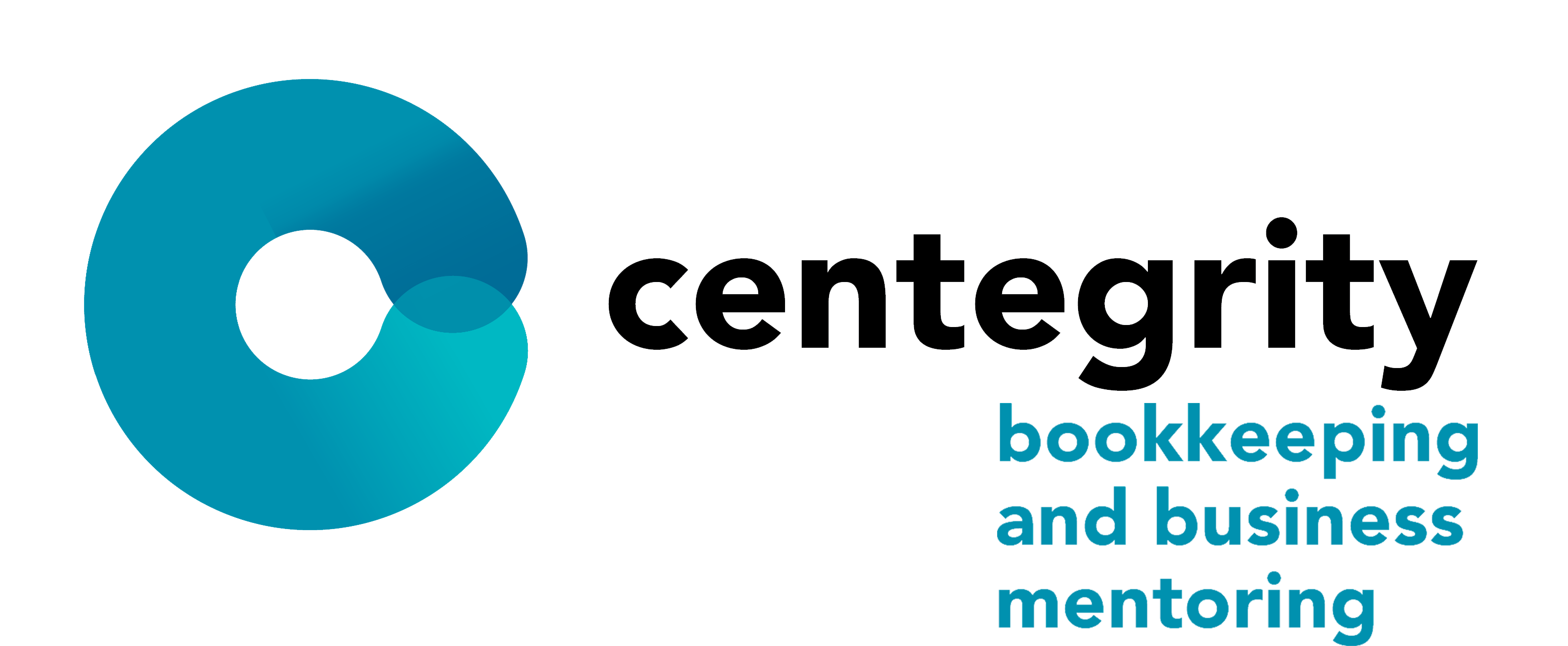Knowing your customers inside out is one of the major keys to making your business a success. But how much research have you done into the persona of your ideal customer?
Having an Ideal Customer Profile is foundational to your sales and marketing strategies. But many small and micro businesses don’t have a drilled down customer profile.
Let’s explore what an Ideal Customer Profile is and how it refocuses your strategy.What’s an Ideal Customer Profile?
Your Ideal Customer Profile (ICP) defines the type of company or customer that’s most likely to buy and benefit from your small business’s products or services.
The ICP outlines key characteristics, needs and pain points, helping you to guide your sales and marketing efforts to target and acquire the most valuable clients.How to use your ICP to drive your sales and marketing efforts
By defining a clear and detailed ICP, you provide the foundations for targets and effective sales and marketing activity.
With this ICP in place, you can focus your marketing spend on channels used by your ideal customer, tailor messaging to address their specific pain points, and refine your sales pitches to highlight the most relevant and engagement benefits.
This targeted approach increases your conversion rates, reduces the wasted effort of poor targeting and, ultimately, boosts the efficiency of your sales function.
5 elements to include in your ICP
To create a useful ICP, it’s important to do your homework and to drill down as deeply as possible into the details of your customers, their needs and their demographics.
To create an effective ICP, here are five elements to include in your profile:
Demographics and firmographics:
Define the basic traits of your perfect customer. For business-to-consumer (B2C) companies, this will be things like age, location, income bracket. For business-to-business (B2B) companies, you’ll focus on the client’s industry, size and revenue etc.. This foundational data helps segment your market and target customers more precisely and efficiently.
Pain points and challenges:
List the specific pan points your ideal customer faces, and that your product or service solves. By understanding these customer issues and needs, you can deepen your messaging and offer the most direct, empathetic solution to the customer’s problem.
Goals and aspirations:
Find out what your ideal customer wants to achieve, both personally and professionally. Knowing their objectives helps you align your solution to these specific goals, helping you to add real value for the customer as a trusted and understanding vendor.
Buying triggers and process:
Delve deeply into what prompts your customer to look for a solution and their typical purchasing journey. This helps you time your marketing efforts effectively and tailor sales strategies to the customer’s preferred decision-making path.
Preferred communication and social channels:
Pinpoint the marketing channels where your ideal customer finds information about a potential purchase. Also find out where they engage with your business (and others) through social media. These insights help to guide your marketing to the most effective platforms, giving you the best possible chance of engaging the target, converting them and, potentially, turning them into both a follower and a customer.
Having a thorough and detailed ICP is foundational to your sales and marketing. It gives your sales activity a specific focus and allows you to understand which marketing channels are most likely to deliver the results you’re looking for.
If you are looking for a Xero Bookkeeper in Melbourne, Centegrity offers Xero Bookkeeping services as well as Business Mentoring to help grow your business without being Key Person Dependant. No matter what bookkeeping solution you need, we can help. Contact us or fill in the form below to get started.

